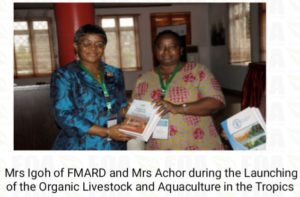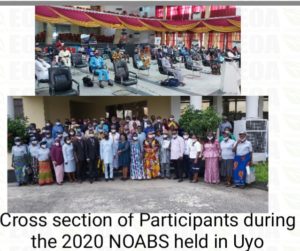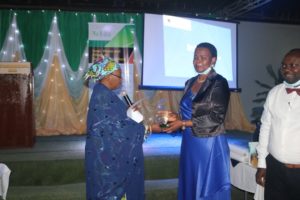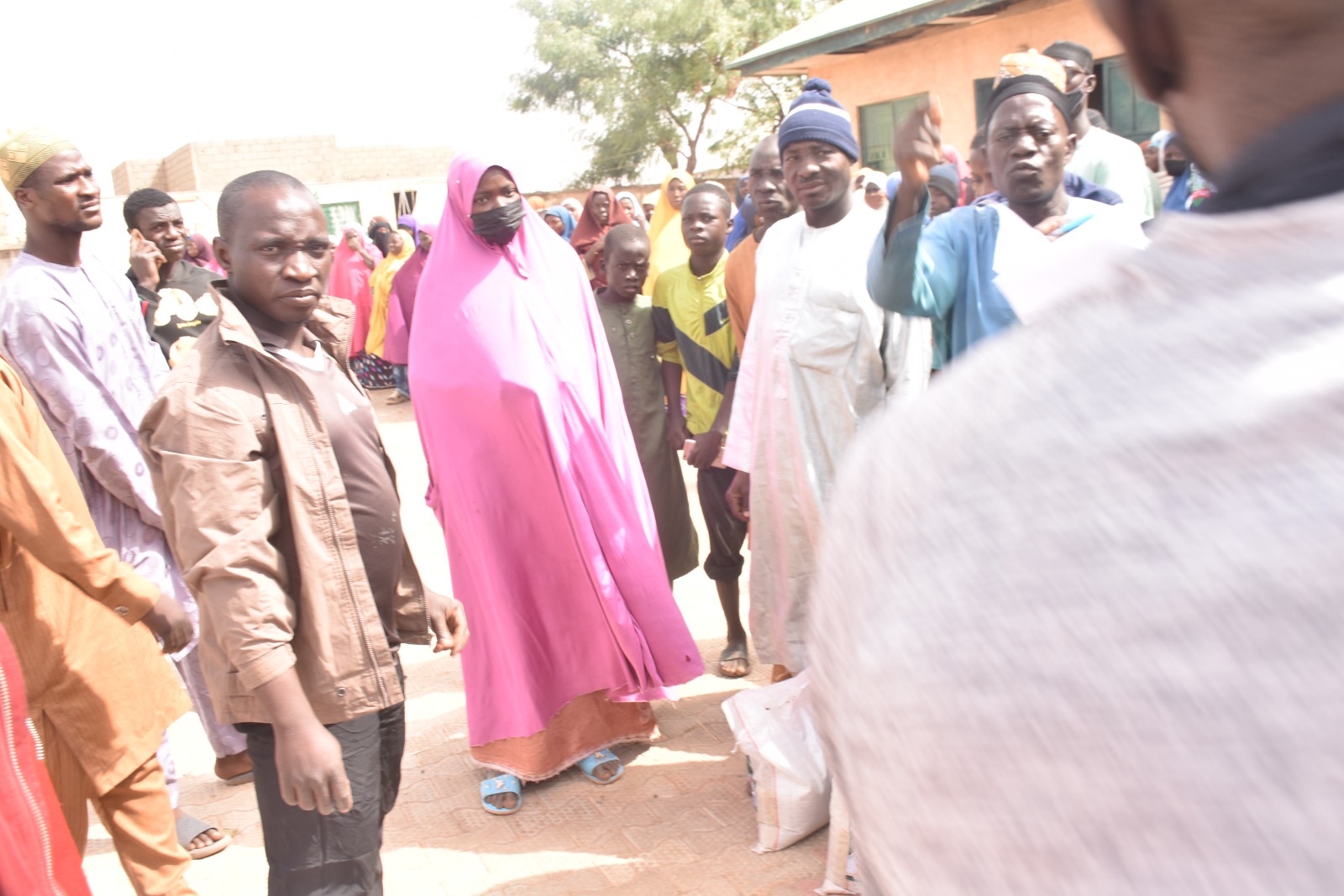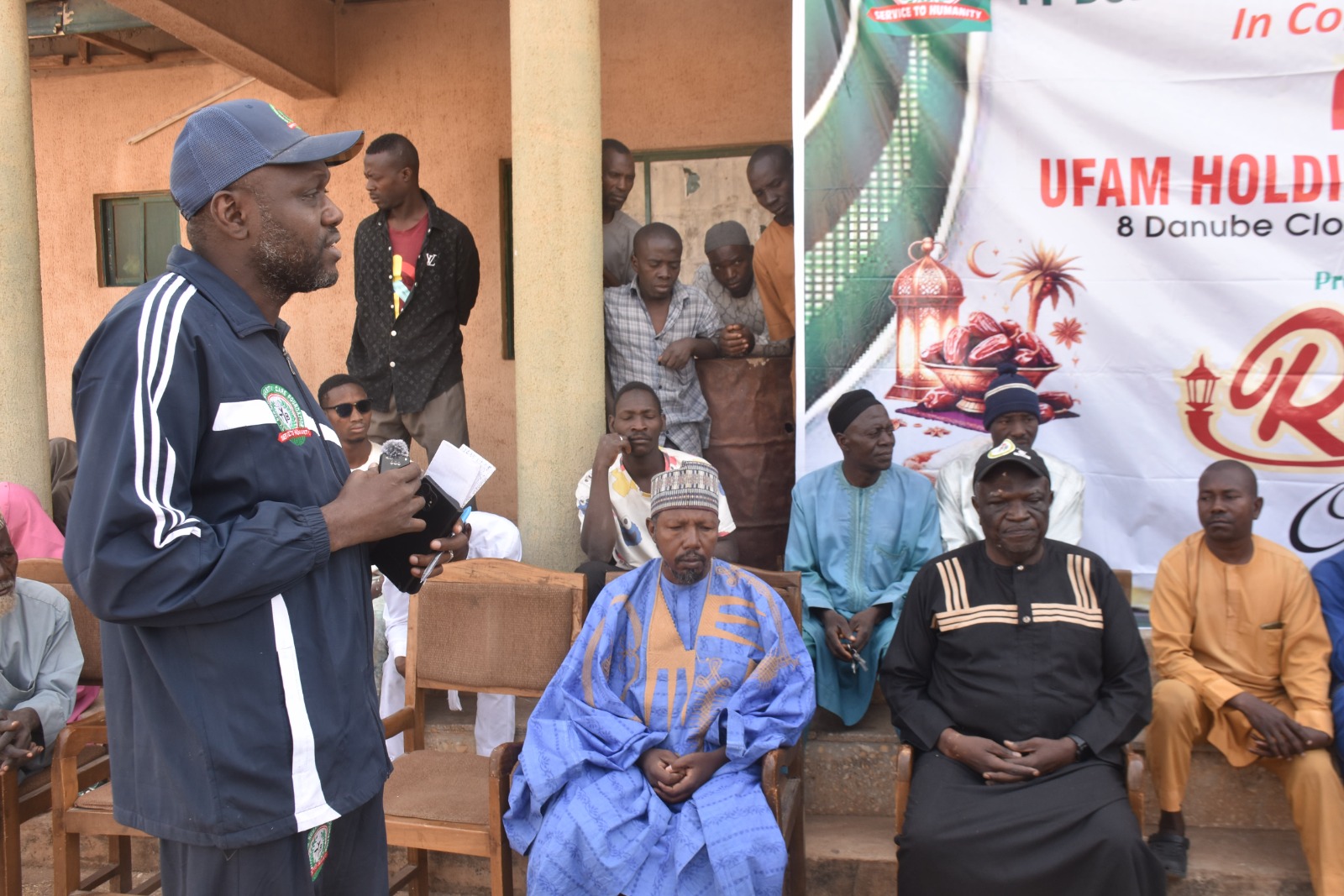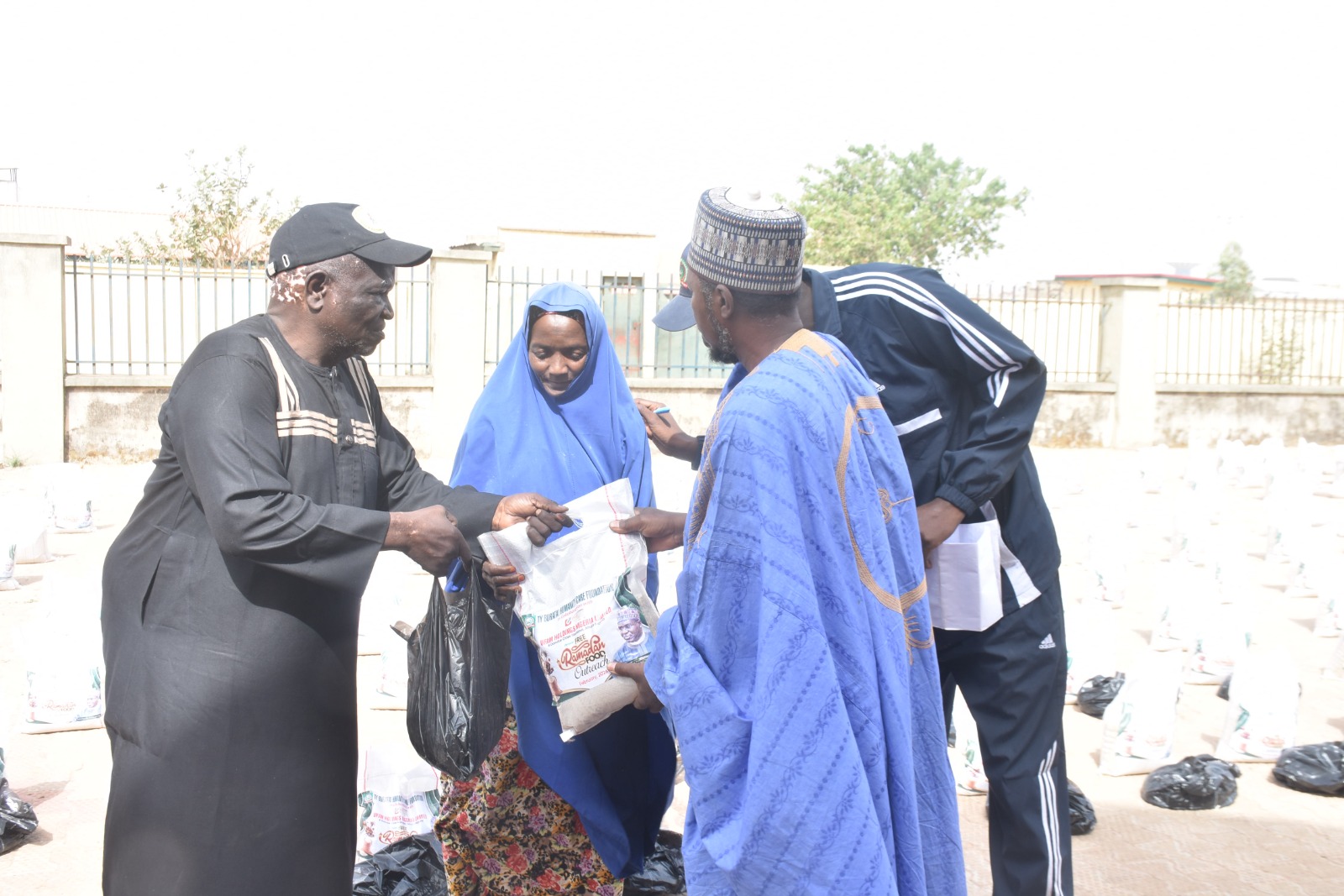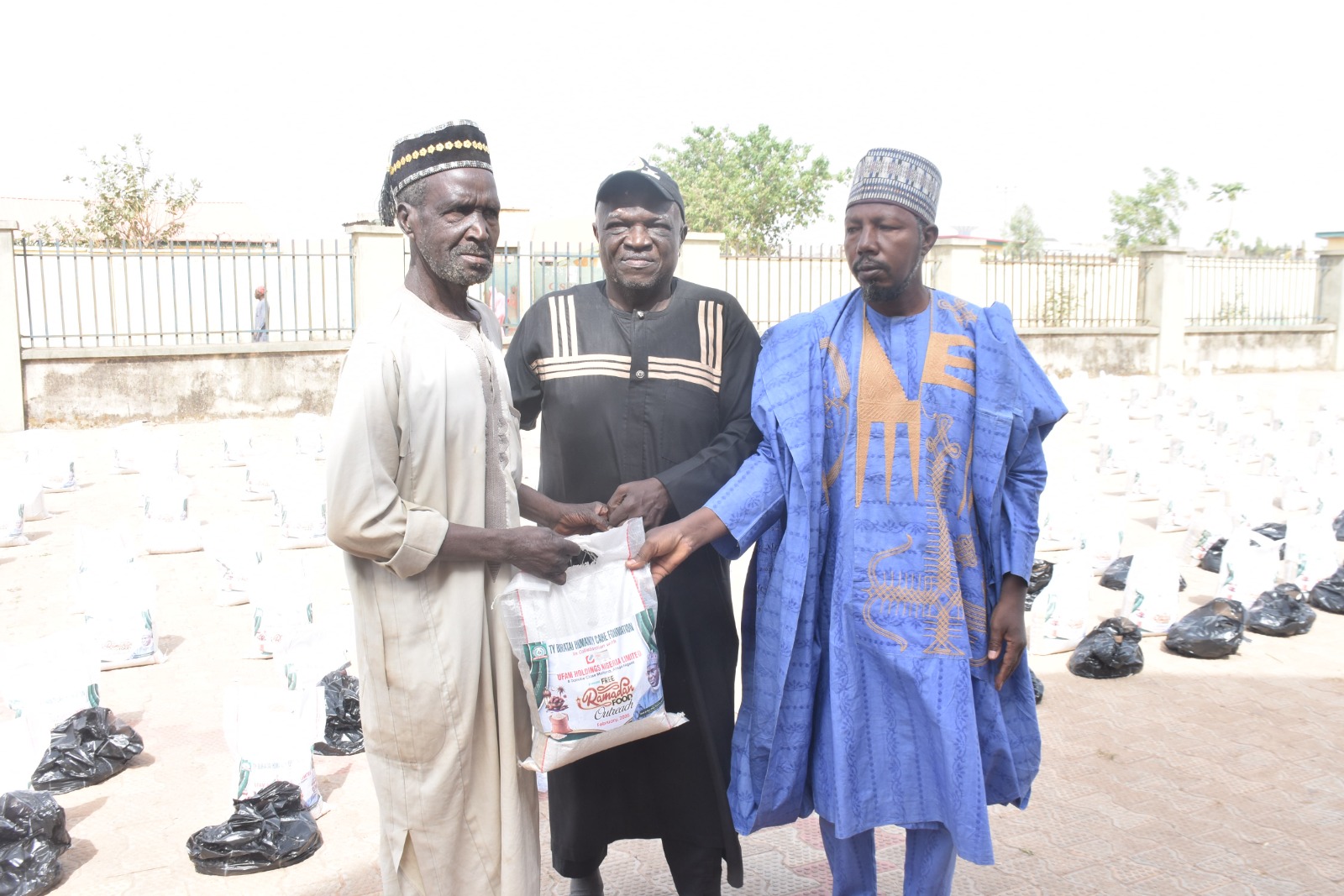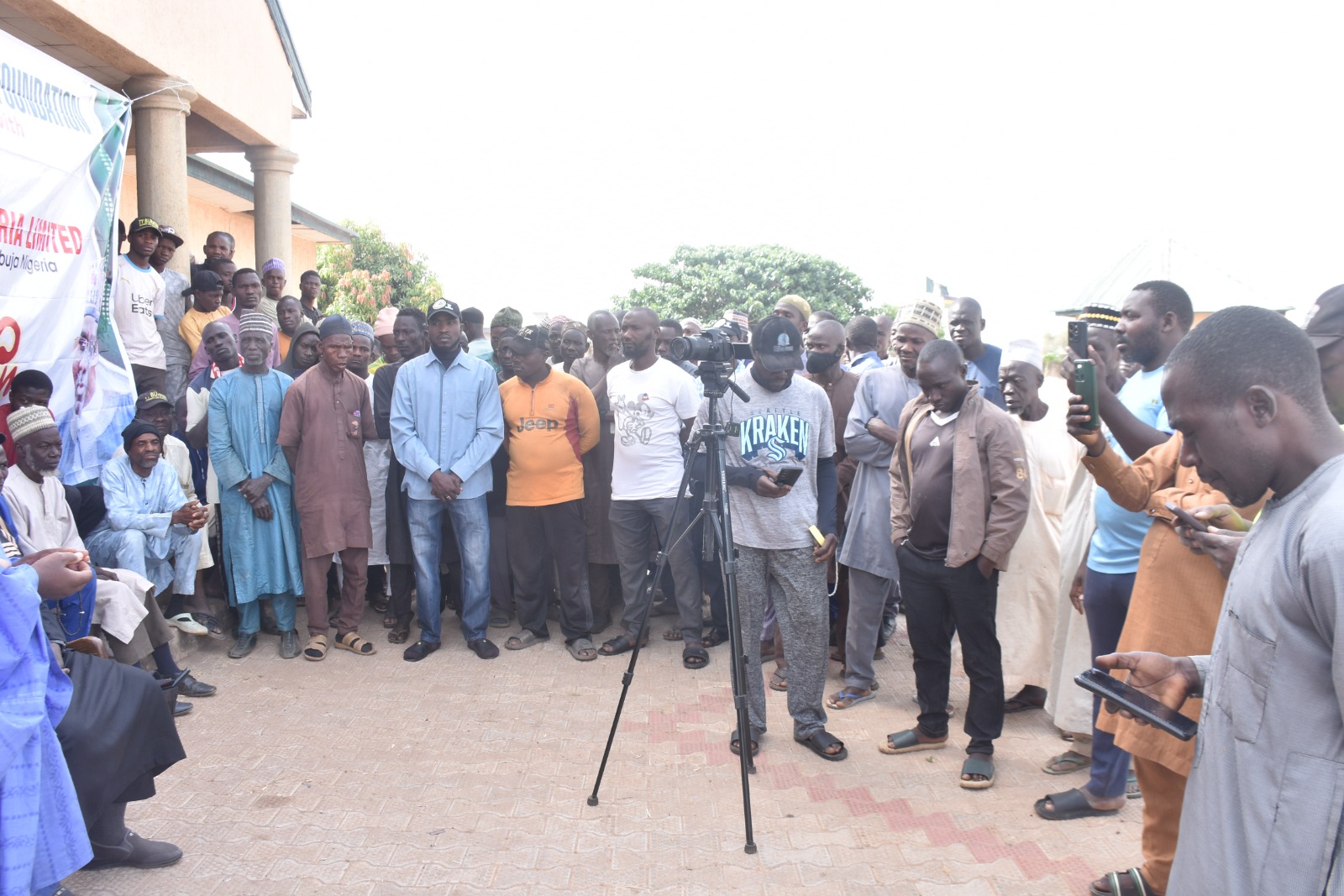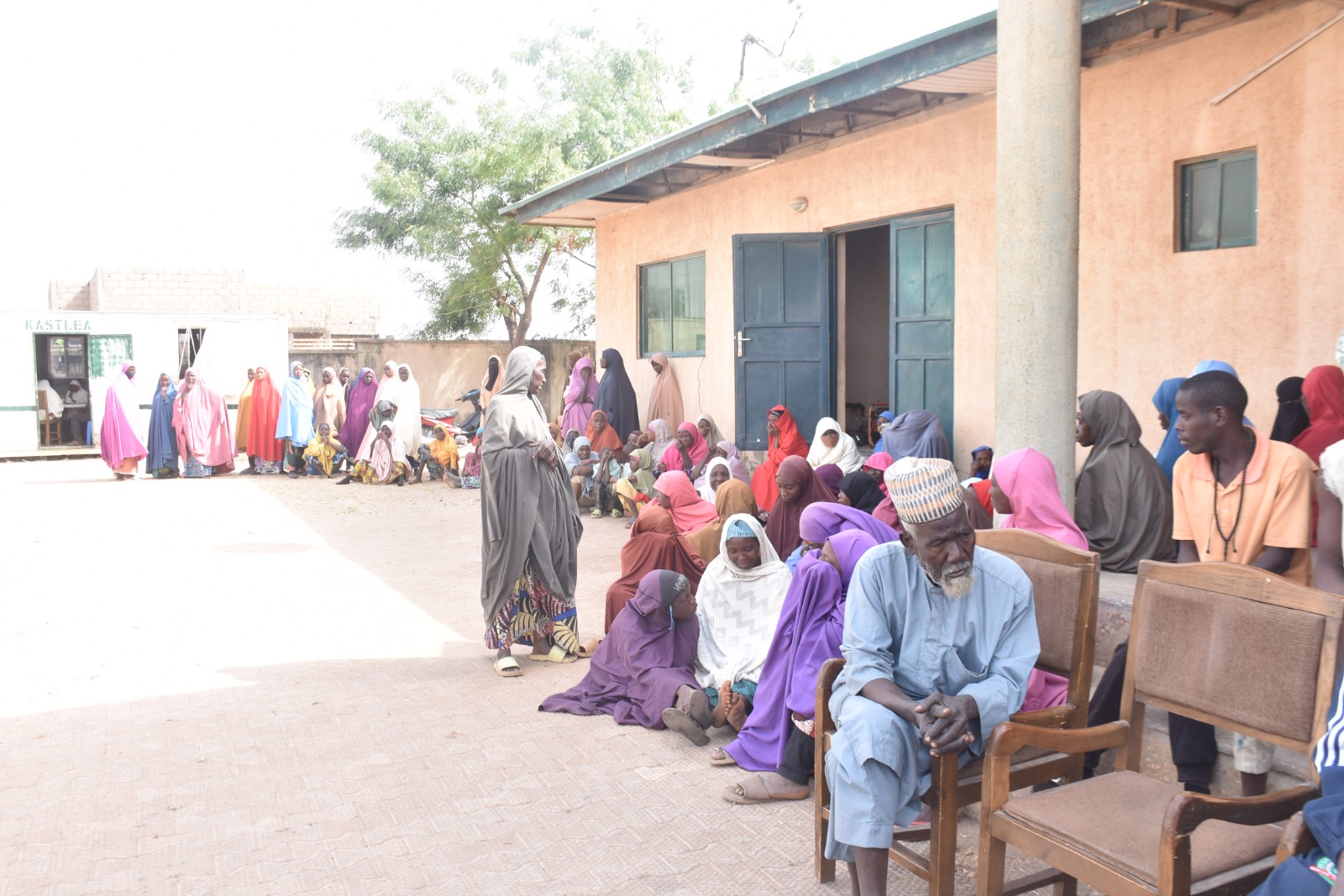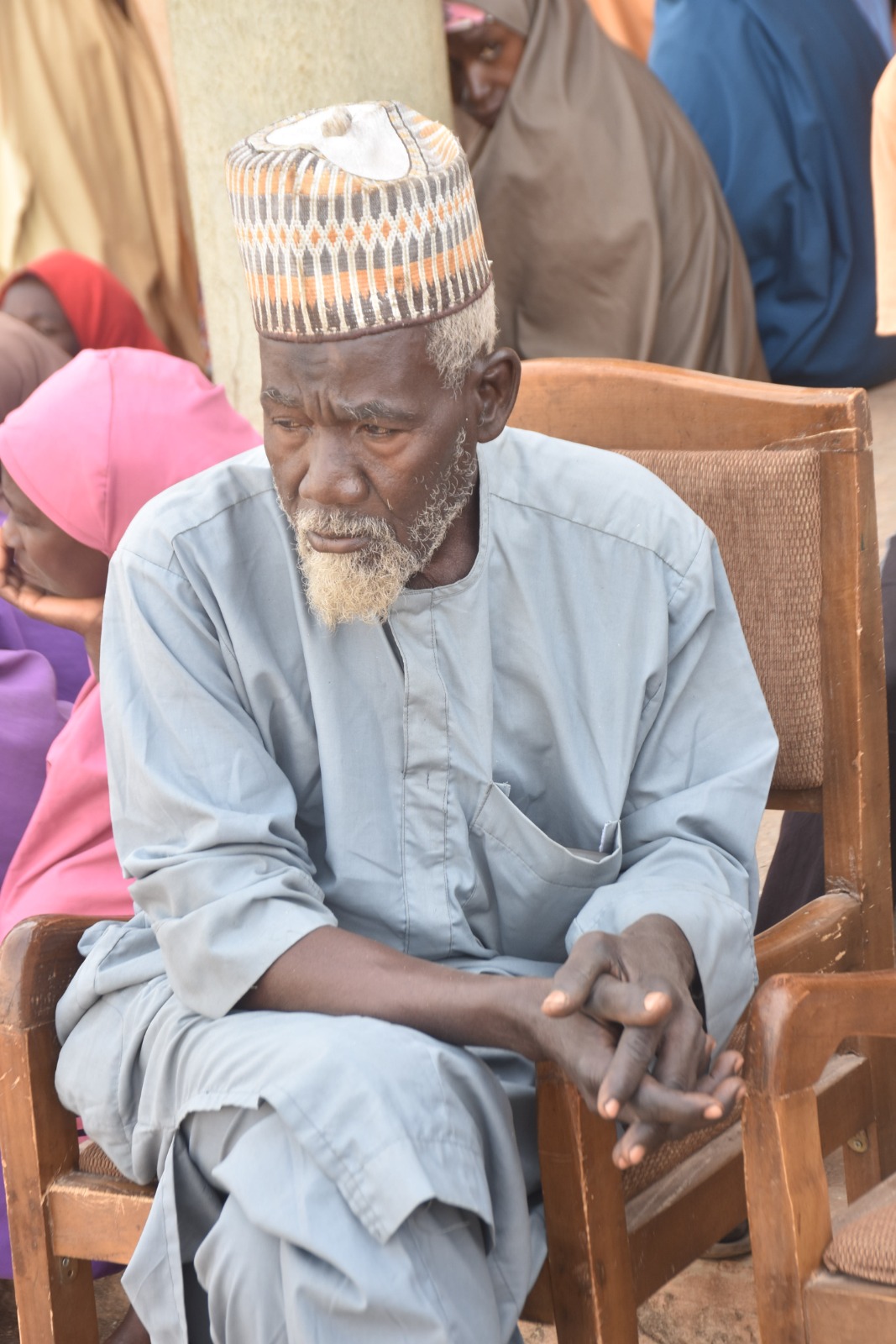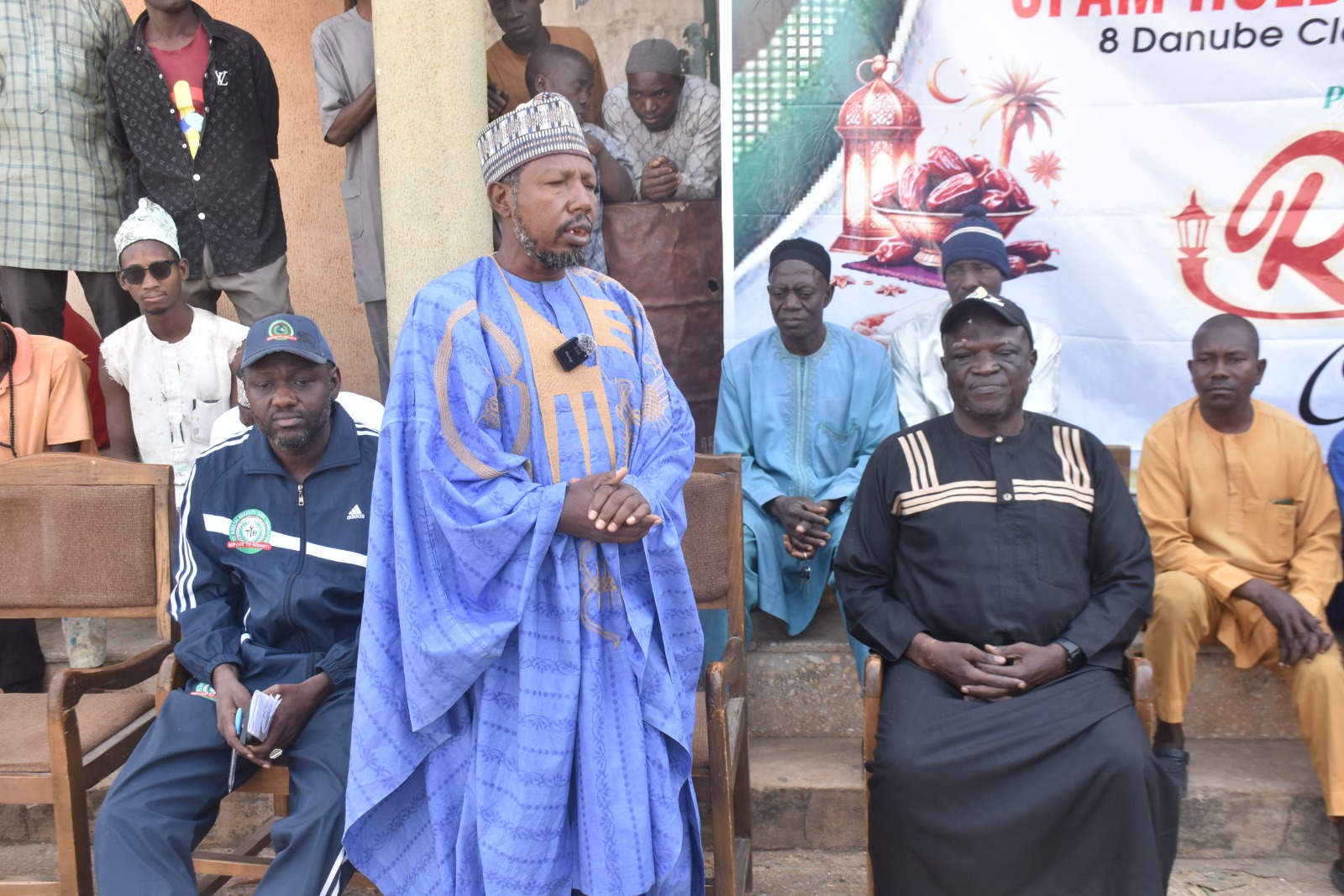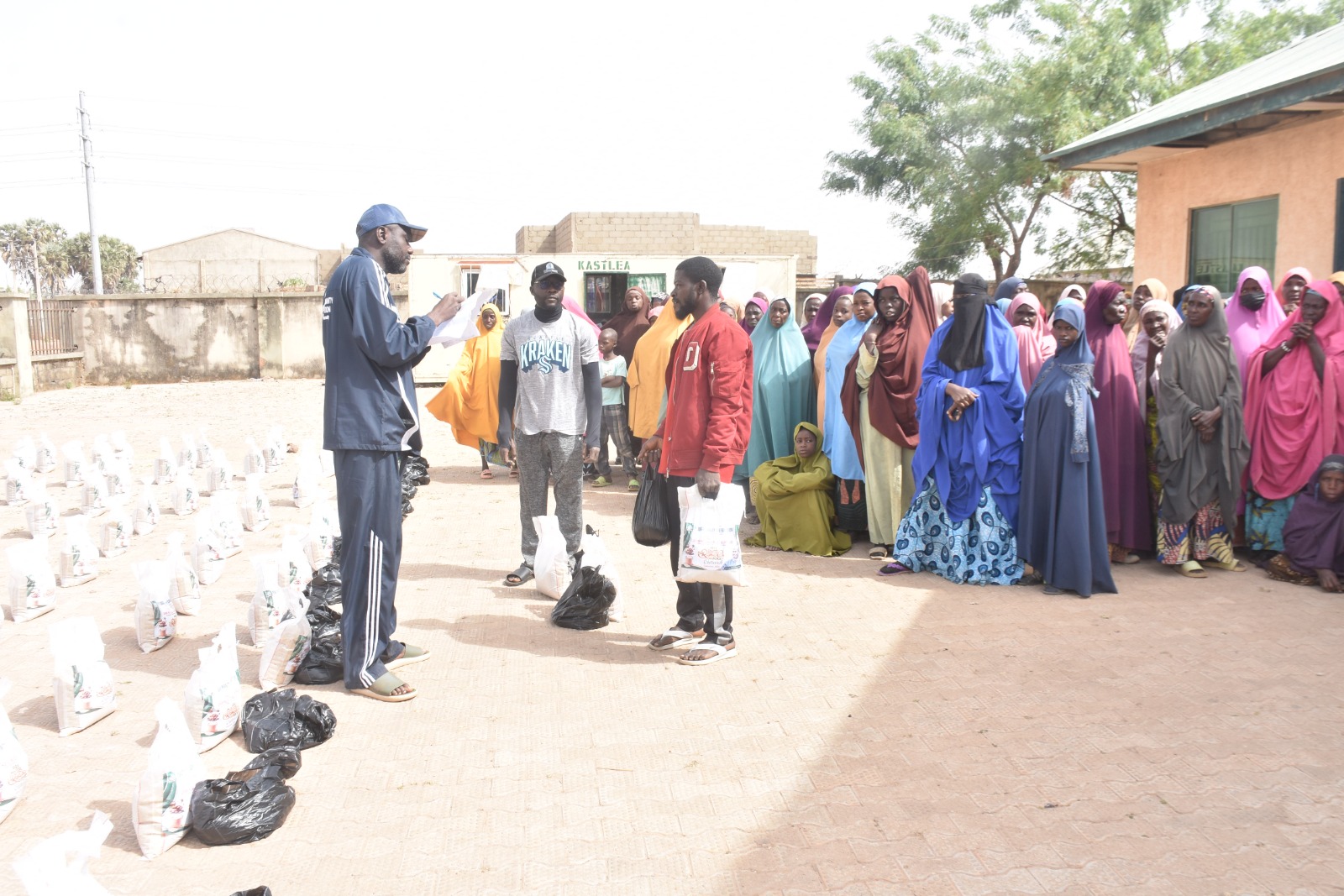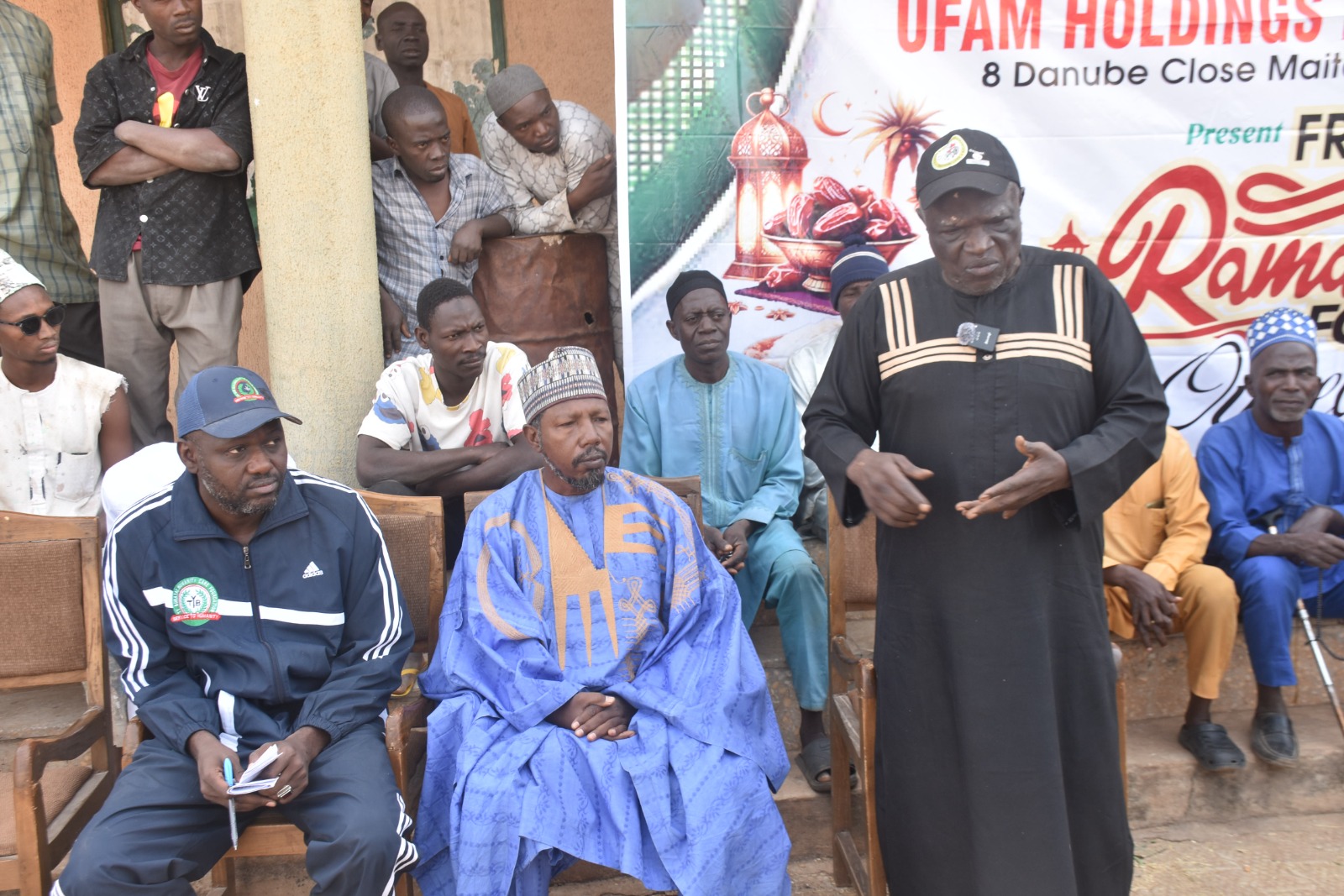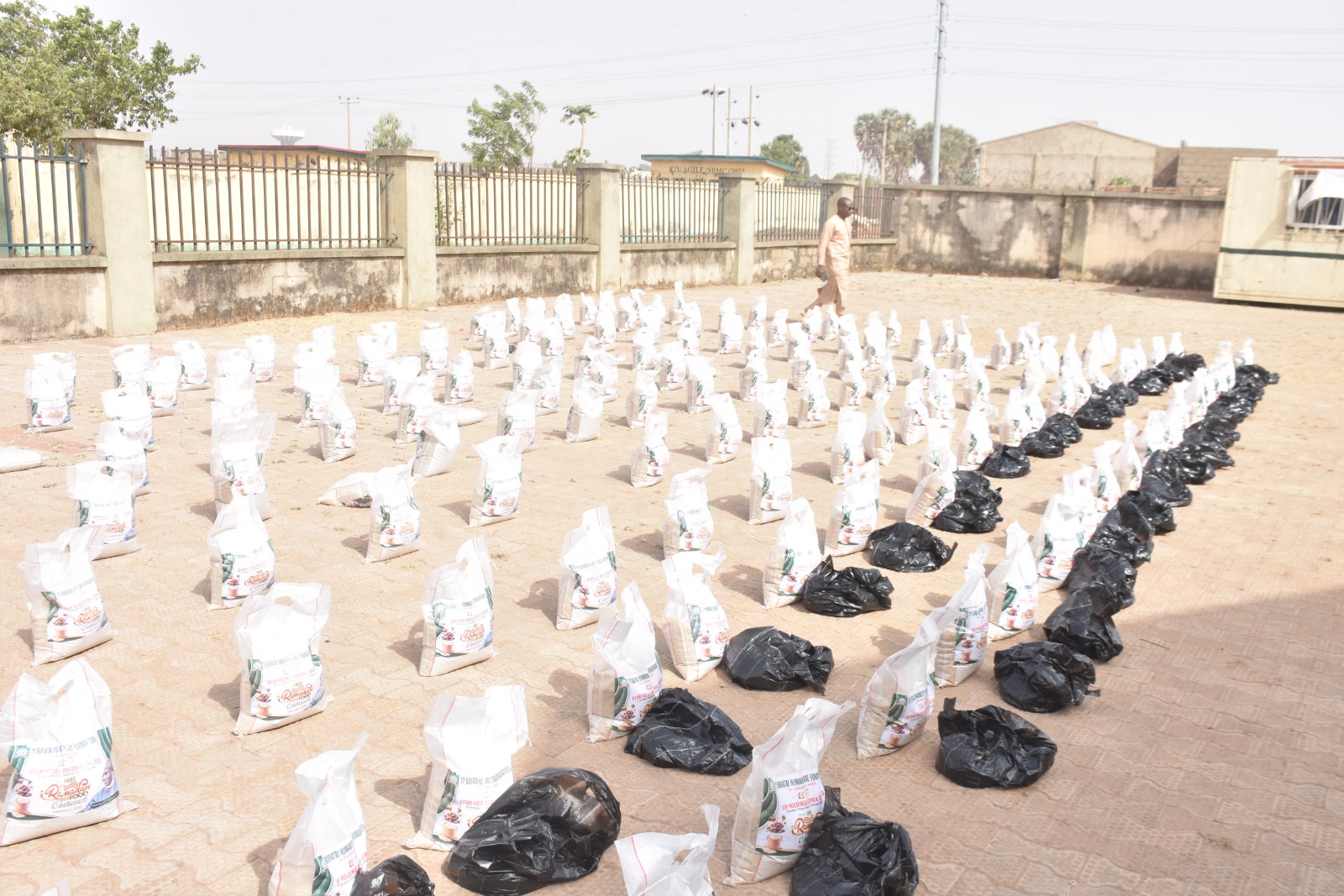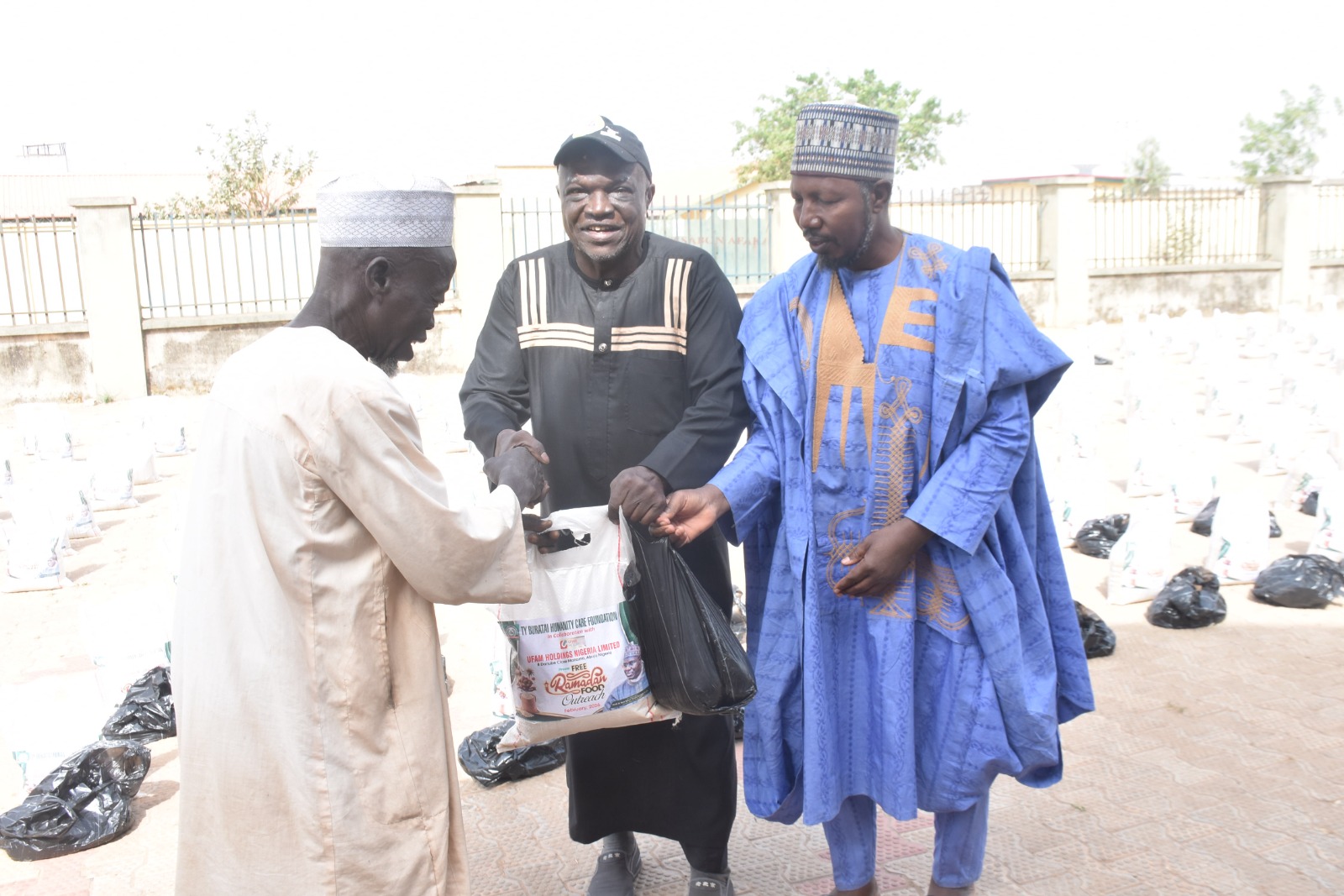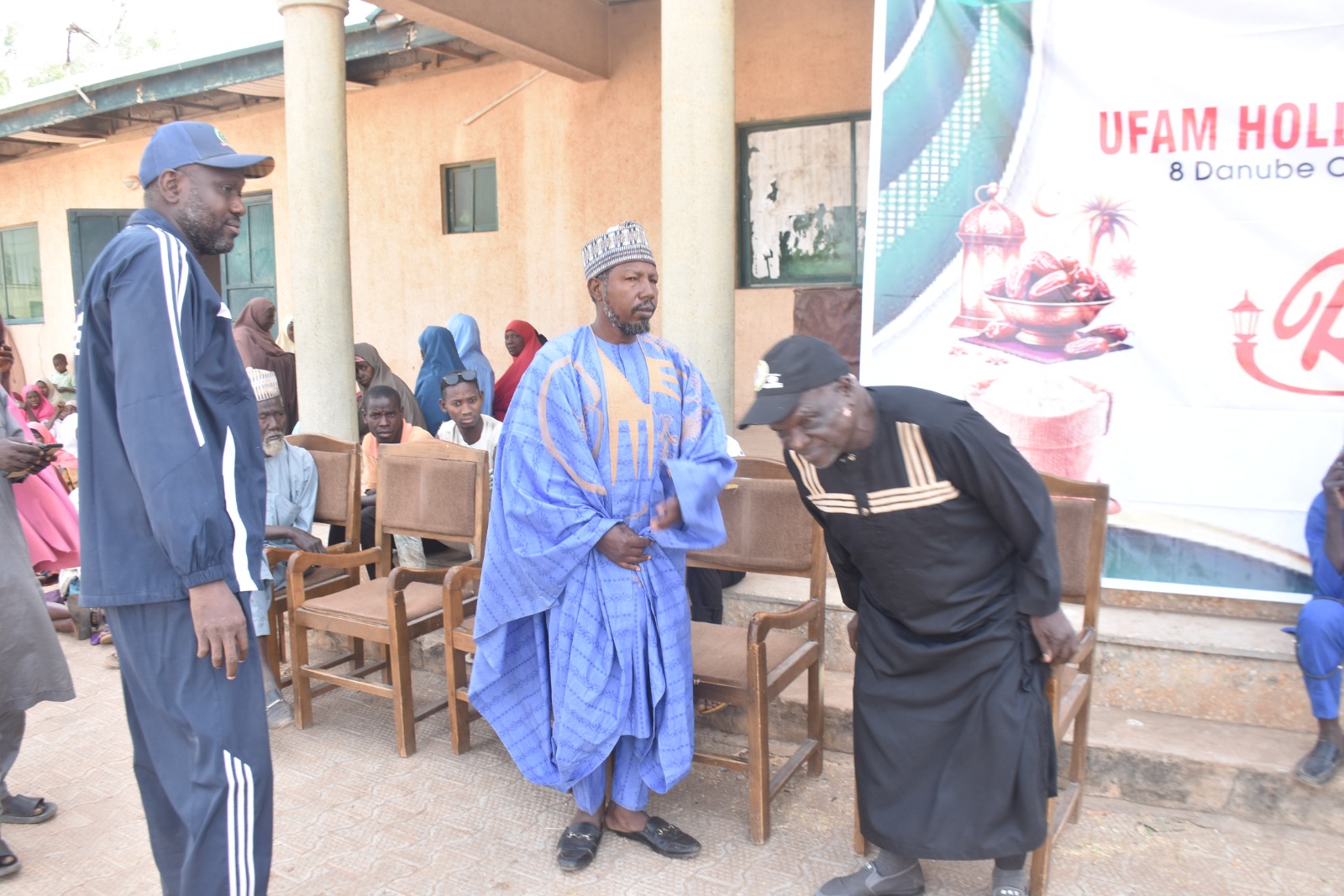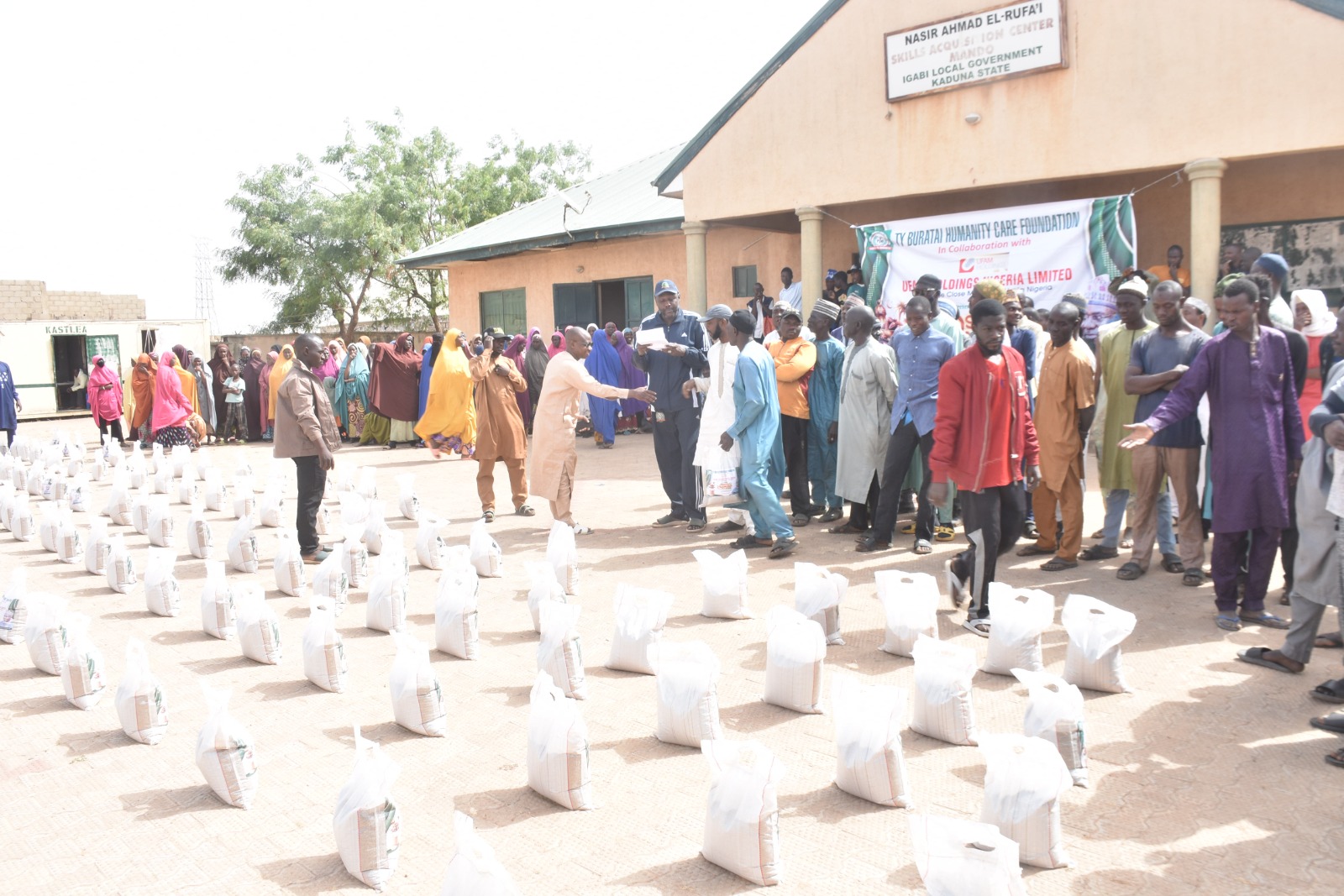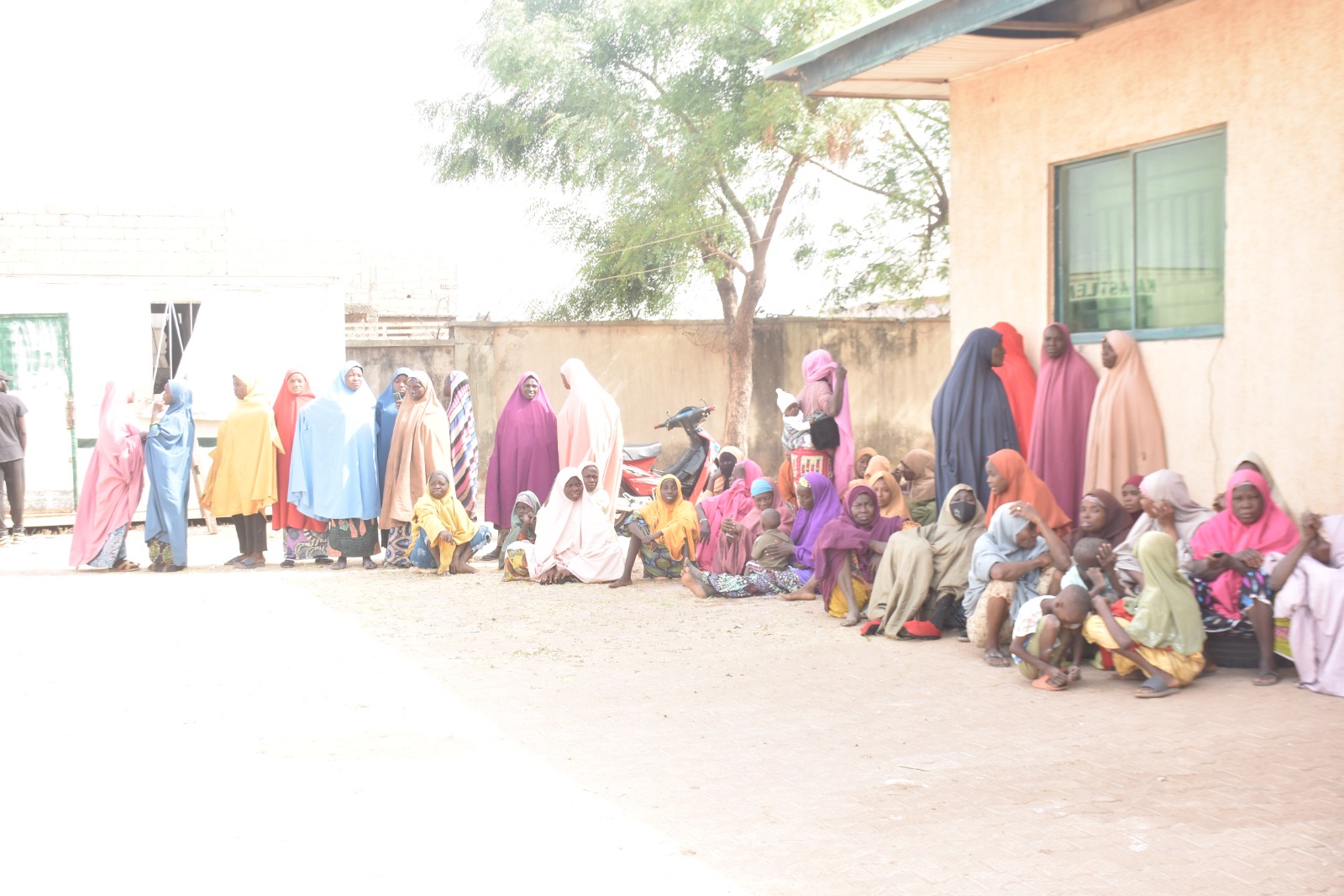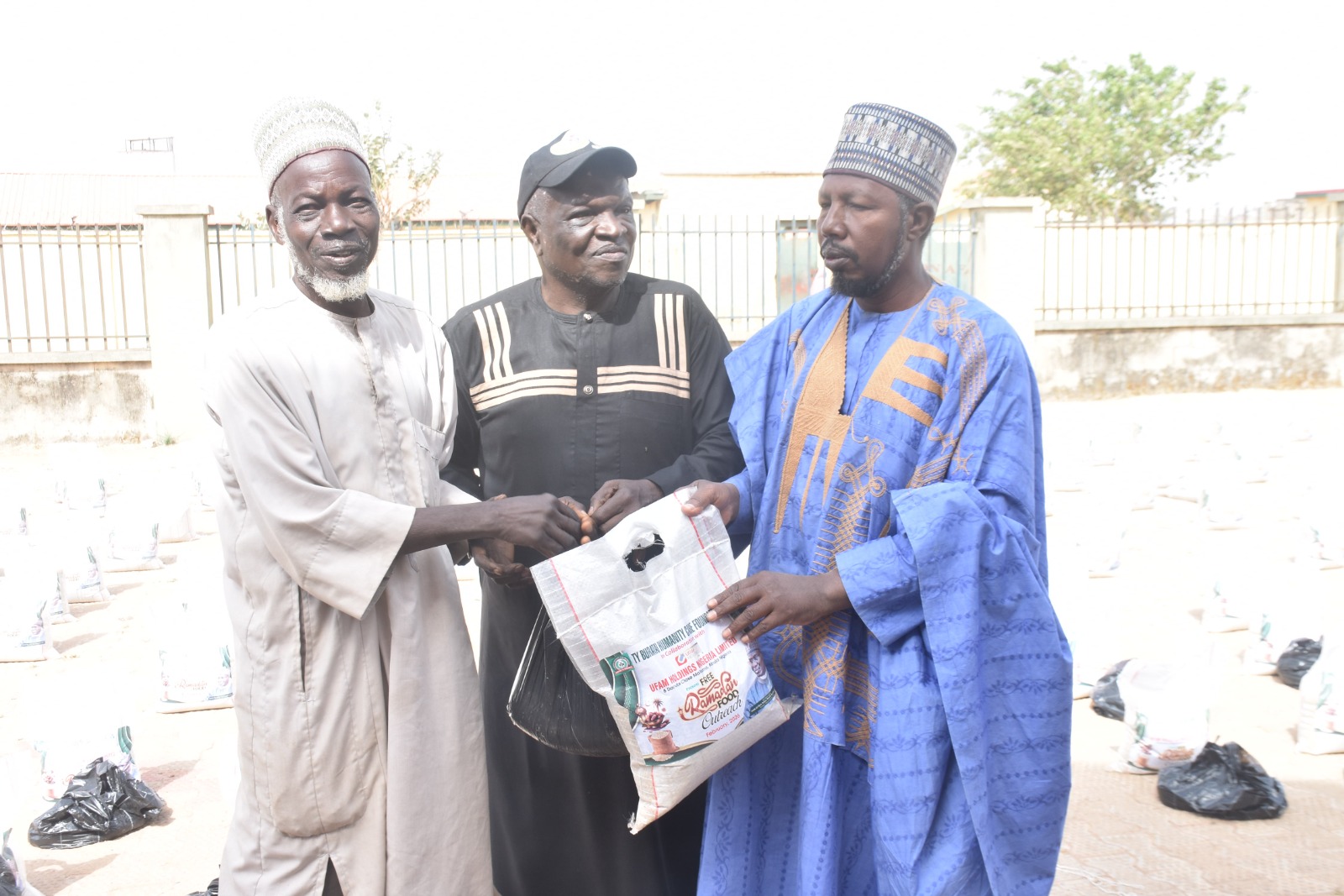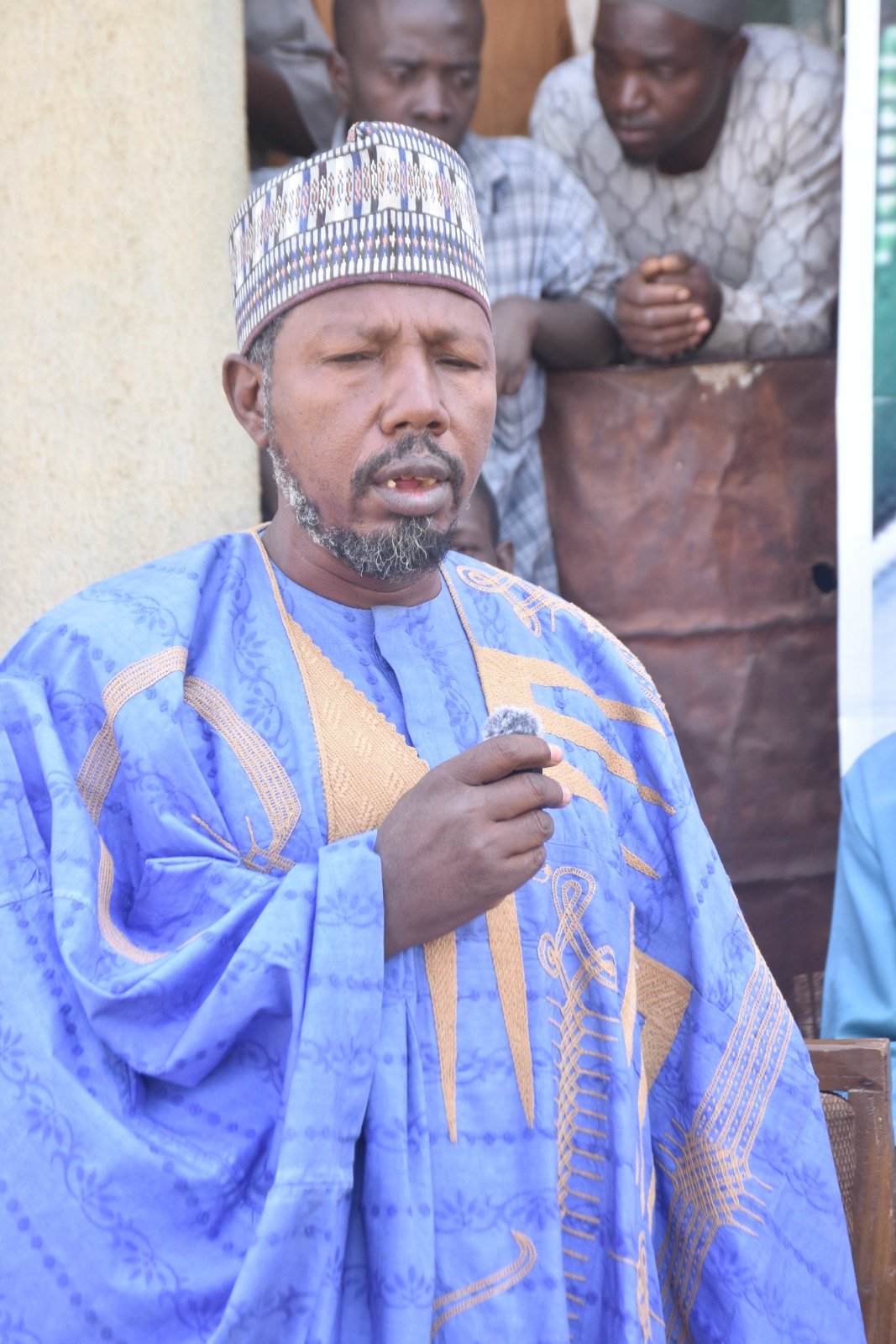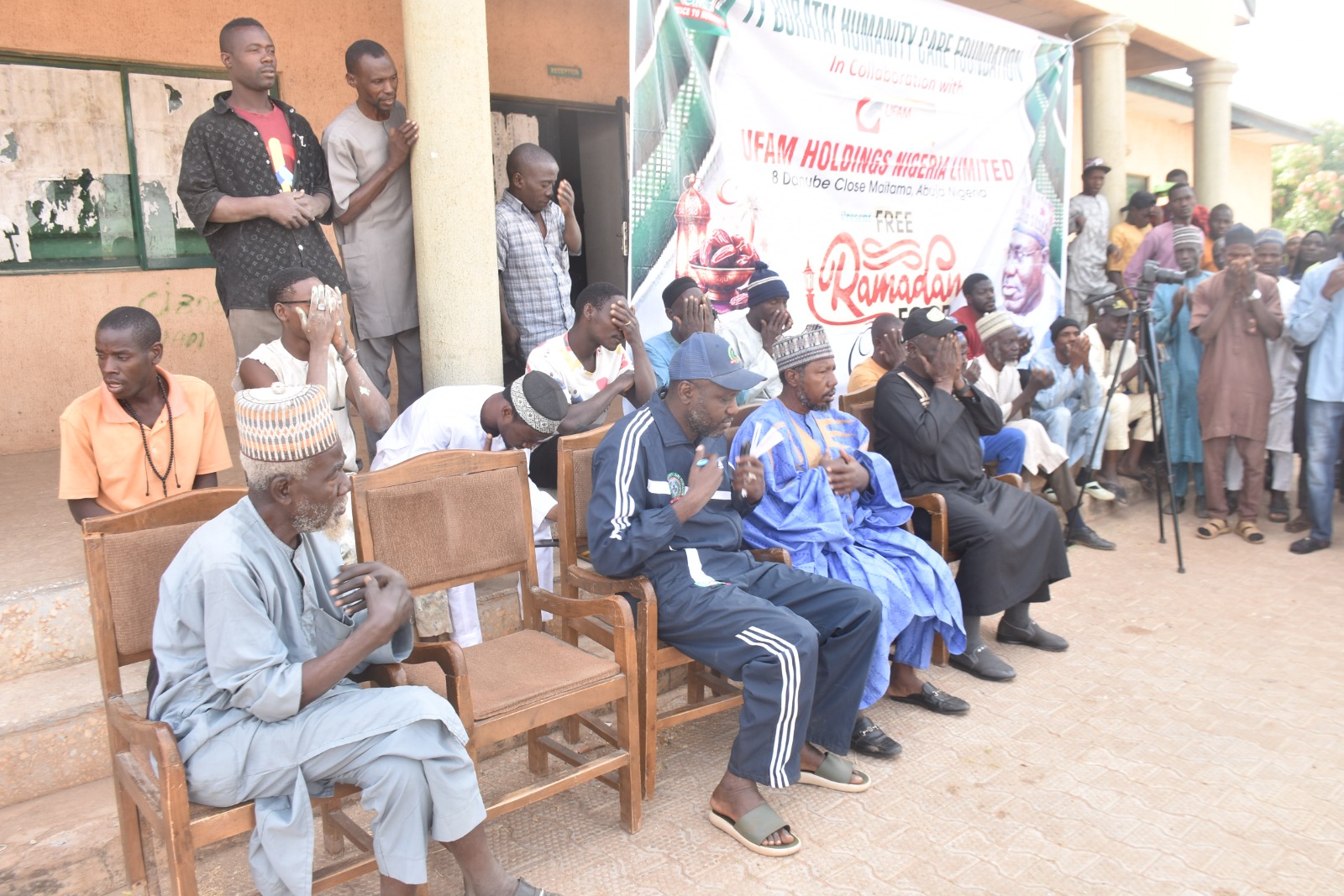society
Nigeria leads West Africa in Organic Agriculture promotion – ECOWAS
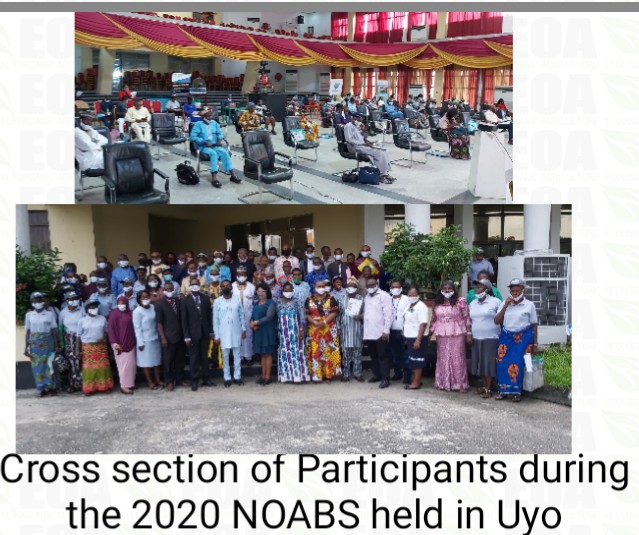
Nigeria leads West Africa in Organic Agriculture promotion – ECOWAS
By Ebere Agozie
Mr Ernest Aubee, the Head of Agriculture Division of the ECOWAS Commission, Abuja says Nigeria is leading West Africa in the promotion of Organic Agriculture in the region.
Aubee said this during his closing remarks at the cocktail event on `Reporting Back Achievements of Ecological Organic Agriculture (EOA) Initiative activities in Nigeria for years 2014 – 2020 and Award presentation recently held in Abuja.
He said that the efforts of Nigeria in organic agriculture are commendable and indeed very timely, as this is coming at a time when people must pay closer attention to what they eat.
“What Nigeria is doing will benefit, not only Nigeria as a country, but also the other 14 ECOWAS member states and we hope other member states will take a cue from your strides so far.
Aubee, who is also the Chairman of the Regional Steering Committee of EOA in West Africa, said EOA has been given a pride of place in the ECOWAS Commission which will help drive the organic agriculture initiative for the benefit of the region.
“We must look at how best to mainstream organic agriculture into every sector of the economy to encourage and promote its sustainability in the region”.
He encouraged other ECOWAS member states to follow suit and start work immediately on how best to make sure that organic agriculture becomes part of their lives.
The News Agency of Nigeria reports that the event had in attendance representatives from the Ministries of Agriculture and Rural Development (FMARD), Trade, and Industry and Investments.
Also present were the Agriculture Research Council of Nigeria (ARCN), Nigerian Export Promotion Council (NEPC), National Universities Commission (NUC), National Board for Technical Education (NBTE), NAFDAC, as well as partners of EOA Initiative in Nigeria.
Mr Isah Adamu, the Chairman of the National Steering Committee of EOA in Nigeria represented by Mrs Janet Igoh of the Farm Input Support Services Department of FMARD commended the partners of EOA in Nigeria for a job well done in promoting organic agriculture.
Earlier, Dr Olugbenga AdeOluwa, the Country Coordinator of EOA in Nigeria reported that the initiative has the support of the African Heads of States’ Decision EX.CL/Dec.621 (XVII) on Organic Farming in 2010 and Nigeria has been part of the EOA processes from 2011 till date.
Mr Oyewole Gbadamosi, the Project Manager, while reporting back the achievements said the goal is to mainstream EOA into national agricultural production systems by 2025 in order to improve the quality of life of African citizens.
“A database of organic agriculture research on crop and livestock was produced and distributed in strategic institutional libraries in Nigeria, aimed at bridging organic research gaps in the country.
“We have supported the production of the current revised version of Organic Agriculture Standard in Nigeria, and the Initiative has successfully supported one PhD degree programme while support of the another one is ongoing.
“We also supported eight Masters studies and publication of seven research articles in an international journal.
“The curriculum for a full programme on Organic Agriculture Technology (OAT) in the Colleges of Agriculture has been produced. The material is ready to be subjected to pre-critic and national validation workshops before absorption by the colleges, after approval from the National Board for Technical Education”.
The Project Manager also noted that intensive sensitisation on benefits of organic agriculture with production of a lot of information and educational materials on organic agriculture in English and different indigenous languages of the country were embarked upon.
“We have done a lot of intensive sensitisation on benefits of organic agriculture with production of a lot of information and educational materials on organic agriculture in English and different indigenous languages of the country with over 27 publications (print) addressing different parts of organic agriculture.
“We have also produced both print and video materials on organic livestock production (uploaded on YouTube https://youtu.be/EOrlsk4K0aE, https://youtu.be/F5IsrrbilH4 and https://youtu.be/0LX9GXhP7Qg) to increase organic livestock production in the country.
“We have equally produced audio visual jingles on benefits of Organic Agriculture in four languages; English, Yoruba, Igbo and Hausa to sensitise consumers in the country.
“Simple farm tools for weeding (flame burner) and tilling (auger) are presently being fabricated after participation in an exchange visit.
“Capacity of over 450 stakeholders was strengthened to undertake inspection under the Participatory Guarantee System of certification and general organic agricultural issues.
“We embarked on the training of over 250 extension officers in the 36 states and Abuja on Basics of Organic Agriculture, Concept of Innovation Platforms and how it operates and the operationalisation of organic agriculture innovation platforms for driving organic agriculture markets in Nigeria.
“The Initiative has supported the production of the first draft of the “Organic Agriculture Standard in West Africa”. This material has been submitted to the West Africa regional Secretariat for further inputs and other necessary action’.
According to the report, the EOA initiative in the country is currently supporting creation of organic markets in the ADP of Anambra State and MOUAU Extension Centre of Michael Okpara University of Agriculture, Umudike, Abia State, as well as Organic Agriculture Innovation Centres in both.
“We are supporting the process of organic certification of small scale farmers in the country through Participatory Guarantee System (PGS) mode, and promoting strategic capacity building for staff of MDAs in Nigeria related to organic and ecological agriculture
“Our other initiatives include supporting the process of development of Organic Agriculture Bill in Nigeria since 2016; establishment of National Organic Agriculture Business Summit- an annual exhibition of organic agriculture produce, products and services in Nigeria since 2016, as well as OrganiCulture (a journal of organic agriculture business) for promotion of organic agriculture business development in the country.
“We have equally instituted national awards on organic agriculture.
“The multi-stakeholder national platform of EOA is getting widened, bringing in more stakeholders. This has resulted in different business networking activities in the country and not less than 49 organic farmer groups have developed as part of our networking activity.
“The opportunity to honour Switzerland government at the 2018 National Organic Agriculture Business Summit was also a great achievement. The representative of the Consular who is the Deputy Consular General of Switzerland in Nigeria: Mrs. Ngozi Anyanso was presented with the Organic Agriculture Standard in Nigeria (a private standard) at the summit.
“Evaluation of national investment by Nigerian government in organic agricultural related issues from 2012 – 2019 was published.
The investigation revealed that Nigerian Government invested in development of organic ginger value chain, training on site/soil specific fertilizer recommendations, input support to farmers (organic fertilizer subsidy), boosting the supply of organic ginger and organic fertilizers development”.
Participants of the event noted that in spite of the challenges faced by organic agriculture practitioners, the initiative has made some giant strides in moving the sector forward.
They, however, called for more involvement of stakeholders for the overall development of organic agriculture in the country.
Highlights of the event included the 2020 National Organic Agriculture Business Summit Award presentation to Mrs Ebere Agozie of the News Agency of Nigeria (NAN) as the Organic Advocacy and Media Personality of the Year, 2020.
Other award recipients were Mrs Udeme Udoya of Ikot Ekpene Women Food Cash Crops Multipurpose Cooperative Society as the Organic Farmer Processor of the year, and Akwa Ibom State as the Organic State Government of the year.
society
RAMADAN CHARITY: TY BURATAI HUMANITY CARE FOUNDATION AND UFAM HOLDINGS LTD EXTEND FOOD RELIEF TO MANDO COMMUNITY
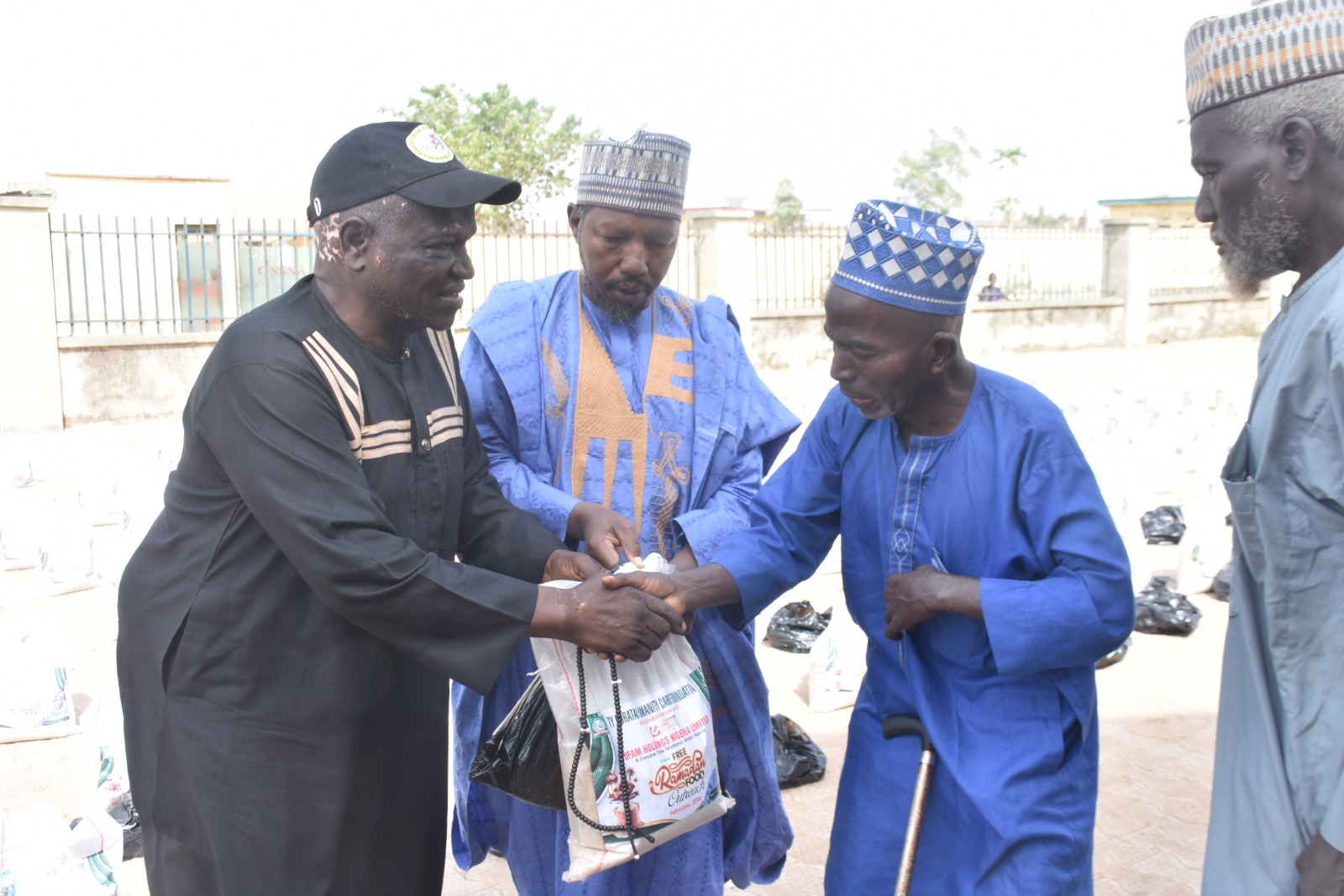
*RAMADAN CHARITY: TY BURATAI HUMANITY CARE FOUNDATION AND UFAM HOLDINGS LTD EXTEND FOOD RELIEF TO MANDO COMMUNITY*
In a remarkable display of compassion and community support, the TY Buratai Humanity Care Foundation, in collaboration with UFAM Holdings Ltd, successfully distributed food relief to over 1,000 less privileged individuals in the Mando community, Afaka, Igabi, Kaduna State, as part of the Ramadan celebrations.
The initiative, aimed at alleviating hunger during this sacred month, saw community members receiving essential food items to ensure they can observe Ramadan with dignity and sustenance. The distribution took place at the Skill Acquisition Centre, where beneficiaries gathered to collect their food packages.
During the event, the Deputy Chief Imam of Mando Central Mosque, Sheikh Bashir Adam Saleh Algoni, expressed his gratitude for the philanthropic effort. “We appreciate this gesture immensely,” he stated. He urged the public to keep the Grand Patron of the Foundation, His Excellency Amb Lt Gen Tukur Yusufu Buratai, in their prayers, acknowledging his ongoing commitment to helping the less privileged. He also highlighted the contributions of UFAM Holdings Ltd, urging support for their charitable endeavors.
Beneficiaries of the food relief expressed their profound gratitude, offering prayers for Allah’s blessings on both the foundation and the company for their generous assistance during this holy month.
In his remarks, the Special Guest of Honour, His Excellency Amb Lt Gen Tukur Yusufu Buratai CFR Rtd, former Chief of Army Staff and Grand Patron of the Foundation, who was represented by Col Haruna Idris Zaria Rtd, thanked the public for their continuous prayers. He emphasized the importance of using the month of Ramadan to pray for the betterment of the country and an end to the insecurity plaguing the nation. He also urged the community to support and pray for security agencies, recognizing their sacrifices in maintaining peace and safety.
This charitable initiative not only highlights the spirit of Ramadan but also reinforces the importance of community solidarity and mutual support during challenging times.
society
Obi’s Reform Agenda Rekindles Scrutiny of Nigeria’s Political Wealth

Obi’s Reform Agenda Rekindles Scrutiny of Nigeria’s Political Wealth
By George Omagbemi Sylvester | Published by SaharaWeeklyNG
“Momodu’s remarks spotlight elite affluence as analysts warn of resistance to cost-cutting reforms.”
Prominent publisher and politician Dele Momodu has reignited debate over the vast wealth attributed to sections of Nigeria’s political class, asserting publicly that certain politicians could raise as much as $500 million at short notice to secure presidential power. Though no names were mentioned, the claim has sharpened national conversations about transparency, accountability, and the true cost of governance.
Nigeria’s persistent struggle with corruption is well documented by bodies such as Transparency International, whose global assessments frequently rank the country low on public sector integrity. The optics of expansive private mansions, luxury assets, and foreign-based lifestyles among political families continue to fuel public suspicion, particularly in a nation grappling with inflation, debt pressures, and widespread poverty.
The controversy unfolds against the backdrop of reform advocacy by Peter Obi, who has consistently argued for cutting governance costs and institutionalizing fiscal discipline. Political economist Professor Pat Utomi maintains that entrenched elites often resist structural reform, describing elite capture as a systemic barrier to democratic accountability. Nobel Laureate Wole Soyinka has similarly warned that democracy without transparency breeds cynicism and instability.
While no specific officeholders have been formally indicted in connection with Momodu’s remarks, the broader issue remains potent: public demand for principled leadership is rising, and scrutiny of political wealth is unlikely to fade as future elections approach.
society
Obi Would Defeat Even Jesus at the Polls”: Viral Remark Sparks Political Debate Online

“Obi Would Defeat Even Jesus at the Polls”: Viral Remark Sparks Political Debate Online
By George Omagbemi Sylvester
A viral statement by a prominent supporter of former Anambra State governor and Labour Party presidential candidate Peter Obi has ignited widespread reactions across Nigeria’s political landscape. The supporter, popularly known as Mama Pee, declared during a live social media broadcast earlier this week that “If Jesus comes down to contest in Nigeria, Obi go win am,” a remark intended to emphasize Obi’s perceived popularity among his core supporters.
The comment, which surfaced on X and Facebook, quickly generated sharp responses from supporters of President Bola Ahmed Tinubu of the All Progressives Congress (APC) and former Vice President Atiku Abubakar of the Peoples Democratic Party (PDP). While many Labour Party loyalists defended the statement as political exaggeration, critics described it as reflective of growing personality-driven politics.
Obi, who contested the 2023 presidential election under the Labour Party and placed third according to official results released by the Independent National Electoral Commission, has not issued any public response to the remark.
The episode underscores the continued intensity of political engagement following the 2023 general elections, with online discourse increasingly shaping narratives around Nigeria’s evolving democratic space.
-

 celebrity radar - gossips6 months ago
celebrity radar - gossips6 months agoWhy Babangida’s Hilltop Home Became Nigeria’s Political “Mecca”
-

 society5 months ago
society5 months agoReligion: Africa’s Oldest Weapon of Enslavement and the Forgotten Truth
-

 society6 months ago
society6 months agoPower is a Loan, Not a Possession: The Sacred Duty of Planting People
-

 news7 months ago
news7 months agoTHE APPOINTMENT OF WASIU AYINDE BY THE FEDERAL GOVERNMENT AS AN AMBASSADOR SOUNDS EMBARRASSING

